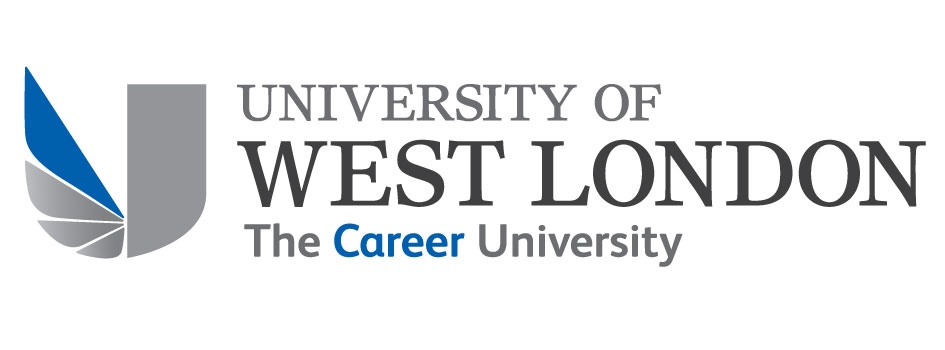The impact of country of origin and marketing communications on student identification with local and foreign partners in transnational higher education
Mohammad Waqar Abbasi
The Claude Littner Business School
Supervisors:
Dr Dinusha Weerawardane
The Claude Littner Business School
Dr Gidraph Michuki
The Claude Littner Business School
Dr Christeen George
The Claude Littner Business School
Transnational higher education (TNHE) is delivered through international branch campuses and partnerships where learners are located in a different country from the awarding institution. In the last two decades, there has been tremendous growth in the demand for TNHE globally.
This proliferation has attracted researchers in marketing and management to examine student identification with cobranded programmes and factors behind their identification.
Research shows that the extent to which people identify with an organisation is dependent on the attractiveness of the organisational identity. In TNHE, it is presumed that country of origin (COO) and marketing communications (MC) play important roles in attracting students towards an institution. However, there is a need for empirical evidence to support the notion that COO and MC attract the attention of students and facilitate their decision to choose a transnational higher education institution.
Literature shows that COO improves a customer’s evaluation of the product and can have a great impact on consumer decision-making. Marketing communications increase awareness and heighten interest in purchasing the product/course. In higher education, MC supports students in a way that students often lack the experience and knowledge to make accurate judgements regarding service quality prior to enrolment.
The aim of the study is to examine student identification with transnational partners (local and foreign partners) by assessing partners’ attractiveness. COO and MC are used as determinants of partners’ attractiveness. The study will also analyse to what extent student identification with local and foreign partners leads to student satisfaction and advocacy for both.
Within a positivist paradigm, this study employs an explanatory research design consisting of a deductive mono-method quantitative research strategy using a survey questionnaire of students within international partners of UK HEIs.
This study is expected to contribute to theory as well as managerial practice and strategic decision making in transnational higher education partnerships by focusing on domains of country-of-origin and marketing communications.

